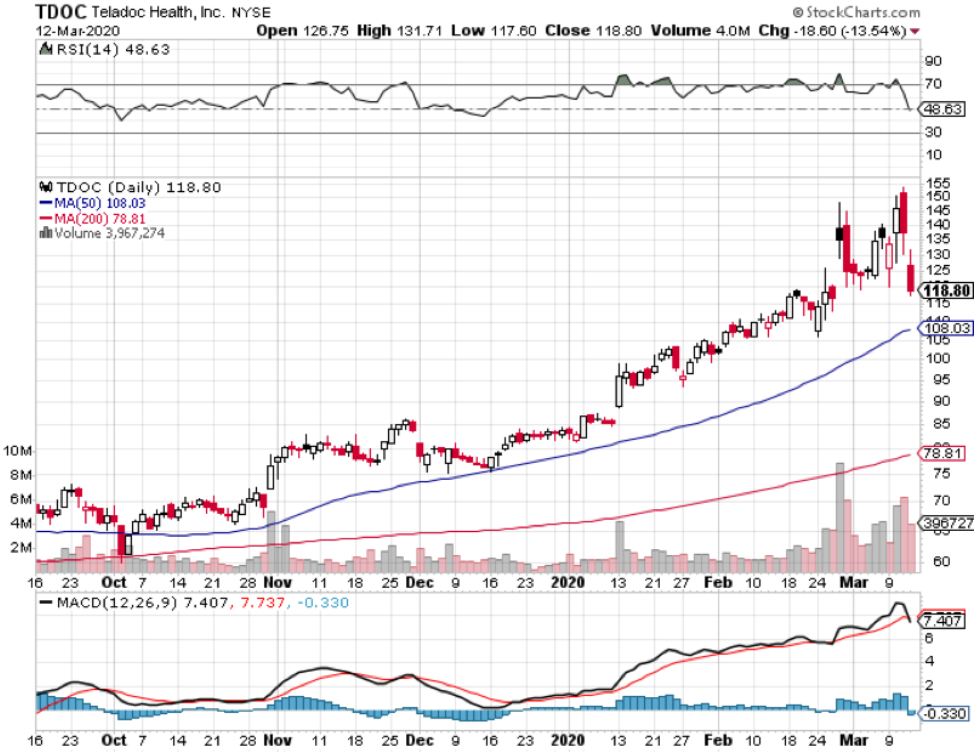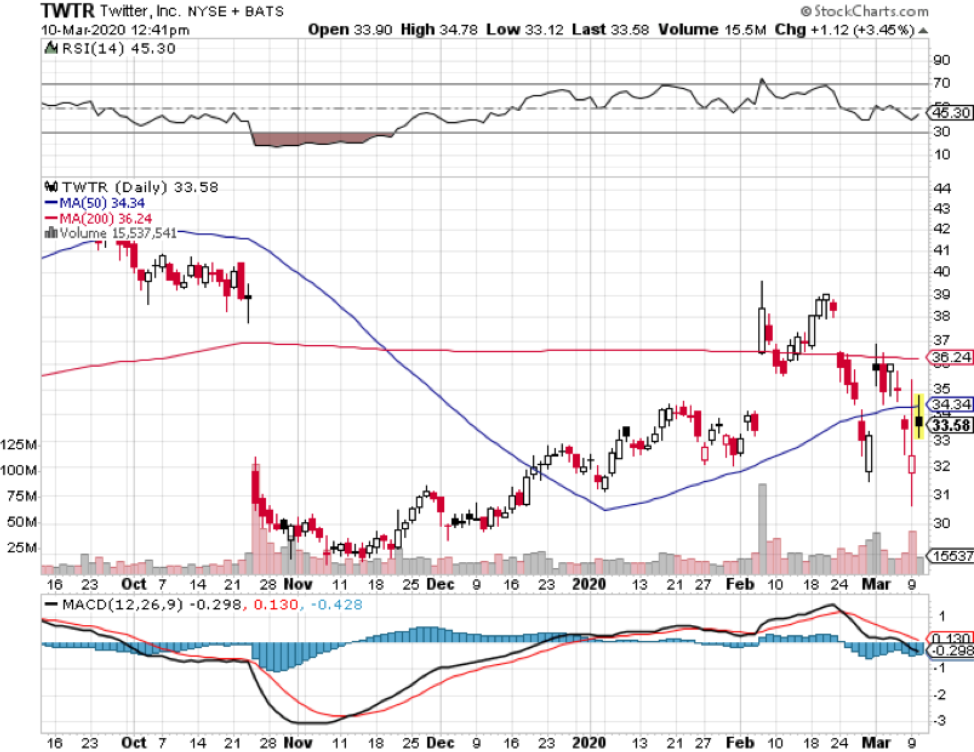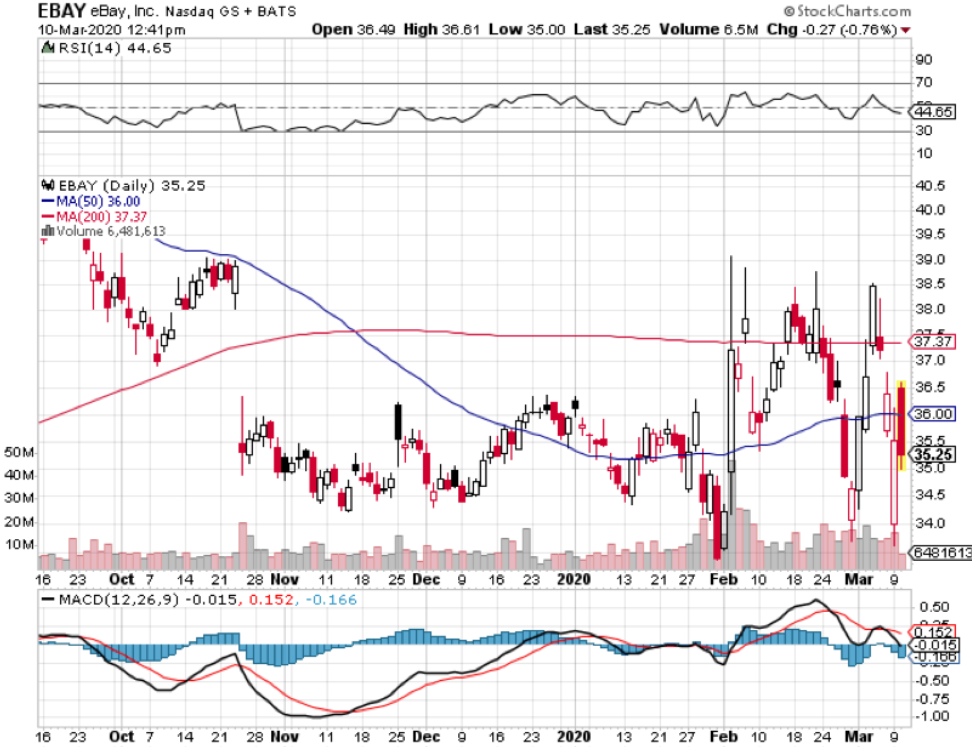The dumbest feeling person in tech right now has to be CEO and Co-Founder of Airbnb Brian Chesky.
The short-term accommodation platform was valued at $31 billion in its last funding round in 2017 and this year was the year that Chesky and Co. had earmarked to go public.
The company were the beneficiary of a secular tech tailwind aided by missteps from a dinosaur hotel industry and carved out a unique product linking hosts and travelers for the purpose of filling in short-term accommodation.
Airbnb pockets a commission of 6% of the total booking amount, meaning they are overwhelmingly reliant on volume to build sales.
There are more than 7 million homes in 220 countries and regions that have earned over $80 billion since the company started.
Like many things in life – a window of time is all you get.
Last year was that window of time when a smorgasbord of private tech unicorns delivered public markets new tradable assets such as Uber, Peloton, Pinterest, and Lyft.
Even though these stock shares performed worse than expected, it offered long time employees and shareholders a chance to finally cash in.
After going public, any loss from underperforming shares would be absorbed by the public.
Chesky gloated that a need for cash wasn’t driving the company to go public, but rather a desire to give investors the option to sell their stock now that Airbnb is more than ten years old.
Airbnb’s management even had enough time to observe ex-CEO of Uber Travis Kalanick sell off $1.7 billion in stock following the end of the company’s IPO lockup period highlighting the ample period of time Airbnb had to come to the public markets if they wanted to in 2019.
The 2019 loss of $322 million in the first nine months was no big deal and mainly attributed to ramping up of the marketing side of the business to add the final gloss to the lips before finally delivering dollars back to the stakeholders.
Then the coronavirus suddenly took the world by storm and the world changed.
It is highly probable that Brian Chesky’s lack of urgency means that Airbnb management has botched the best and last window of opportunity to go public – the window is now officially closed.
No tech company will go public in 2020 unless there is a sudden 180-degree turnaround in market sentiment which will only happen if the coronavirus disappears tomorrow - which it won’t.
Airbnb’s investors and long-time workers will still be patiently waiting for their big payday.
Even if you hit on the argument that the travel industry will rebound with zeal within 24 months, industry competition and the dynamics in this sphere will likely be more cutthroat, and not less.
The next “disruptor” of Airbnb could appear in 24 months as well – who knows?
Operations will cost more in 24 months and not less, and a healthy supply of units are not guaranteed to be the same if hosts mass foreclose on properties or a mirror image competitor who attempt to undercut Airbnb appears.
It is rumored that close to 1 out of 3 Airbnb hosts are reliant on their monthly Airbnb income to pay mortgages which would suggest a poor formula in this type of souring economic climate.
This entire short-term rental industry buttressed by tech platforms could be due for a wholesale washout.
How bad is the situation now?
Airbnb took a hit to the tune of over $50 million in booking revenues over the past several weeks in strategic cities that are close to coronavirus hot zones.
The home-sharing startup’s booking revenues cratered across 17 key international cities over a span of five weeks starting at the beginning of February, and the pain isn’t over yet as cities and countries go into full-blown lockdowns and crisis mode.
At first, it was just China, whose Airbnb’s booking revenues dropped 25%, losing $17.6 million, but that was just the canary in the coalmine.
And that poor number comes in the context of expected growth of roughly plus $30 million if booking revenues had continued growing at the same pace of nearly 35% the firm saw in those markets over the same period last year.
In total, the China business registered a negative swing of nearly $48 million because of the virus.
Even though the virus originated in Wuhan, the contagion quickly spread to Shanghai, Beijing, Seoul, Singapore, Hong Kong and Tokyo wreaking havoc on Airbnb listings.
Western cities are going through the same barrage of Airbnb cancellations and non-bookings in the tourist meccas of Paris, London, Prague, Barcelona, Milan, Rome, and New York.
Airbnb has now enacted an extenuating circumstances policy allowing guests to cancel eligible reservations without charge, and the host is required to refund the reservation, irrespective of the previously contracted cancellation policy.
February’s numbers make March’s numbers look radiant as the company is staring in the face of revenue down 85-90% in many important markets for the month of March.
And just to put the stake through the heart, it’s not only Airbnb dealing with the downturn in bookings. Expedia Group, which owns VRBO, Hotels.com, has revealed it expects a $40 million hit to operating profit in the first quarter.
The damage is broad-based and the worst of the contagion has not hit U.S. shores yet, which could culminate in a lockdown of strategic U.S. cities as well worsening Airbnb’s fiscal outlook.
I unquestionably blame Chesky for the bleak situation Airbnb is grappling with in terms of bringing the company to public markets.
He failed to do what many unicorn leaders accomplished, which was, by hell or high water, transfer risk to the public market during the late innings of the economic cycle (or before) which we can almost convincingly say ended in January 2020.
Was it worth eking out the extra year or two of growth for another 10% “growth” of incremental value?
The greediness has been exposed and now briskly punished.
Apparently, the risk was worth it in his eyes and now the company has most likely lost over half its value in 2 weeks.
Now the company has no room to fail while going into full-on damage control for the foreseeable future and hopes it can still go public during the next window of opportunity, whenever that will be.
It is yet to be determined if Airbnb will have illogical management at the helm next time around.
This is really the death of the tech IPO for this economic cycle – put a fork in it.
















